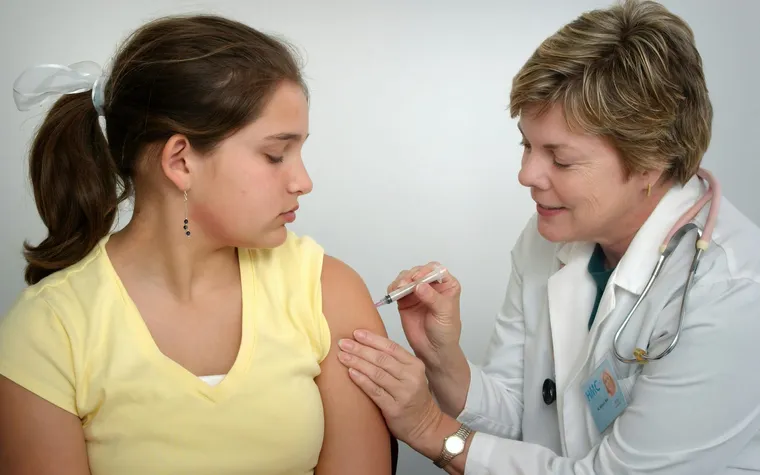Pneumococcal pneumonia is a serious lung infection caused by the bacterium Streptococcus pneumoniae. It can lead to severe health complications, especially in older adults, young children, and people with weakened immune systems. The pneumococcal pneumonia vaccine is a key preventative measure, significantly lowering the risk of infection and related hospitalizations. With just one or a few doses depending on your age and health status, the vaccine strengthens your body’s defenses and can help you avoid a potentially life-threatening illness that’s both common and preventable.
As respiratory illnesses become more prevalent in colder months, getting vaccinated becomes even more essential. The pneumococcal vaccine is especially important for those with chronic conditions like asthma, diabetes, or heart disease. It’s readily available at doctors’ offices, clinics, and many pharmacies. By getting vaccinated, not only do you protect yourself, but you also help shield your community—especially those who cannot be vaccinated for medical reasons. Prevention is always better than treatment, and this vaccine is a smart, simple step toward better health.
What Is Pneumococcal Pneumonia?
Pneumococcal pneumonia is a type of bacterial pneumonia that affects the lungs and can cause symptoms like:
- High fever
- Cough with mucus
- Shortness of breath
- Chest pain
- Fatigue
While it can affect anyone, the elderly, infants, and people with certain medical conditions are at higher risk of complications, which can include bloodstream infections and meningitis.
Types of Pneumococcal Vaccines
There are two primary types of pneumococcal vaccines:
- PCV15 and PCV20 (Pneumococcal Conjugate Vaccines) – Commonly given to children, older adults, and people with specific health conditions. These newer versions cover more strains and are often administered in a single dose for adults.
- PPSV23 (Pneumococcal Polysaccharide Vaccine) – Usually recommended for adults over 65 and people aged 19–64 with chronic conditions or weakened immune systems. It covers additional strains not included in the conjugate vaccines.
Your healthcare provider can determine which vaccine—or combination—is right for you based on your age and risk factors.
Who Should Get the Pneumococcal Vaccine?
- Children under 2 years old
- Adults 65 and older
- People aged 19–64 with chronic conditions (such as diabetes, heart disease, or lung conditions)
- Smokers
- Those with weakened immune systems (due to conditions like cancer or HIV)
Vaccination schedules may vary, and some people may need booster shots or both types of vaccines for optimal protection.
Benefits of Vaccination
Getting the pneumococcal pneumonia vaccine helps to:
- Prevent serious infections like pneumonia, meningitis, and bloodstream infections
- Reduce hospitalizations, especially in older adults
- Protect vulnerable individuals in the community through herd immunity
- Lower healthcare costs and burden on medical systems
- Boost overall immune defense against respiratory infections
Side Effects and Safety
The vaccine is generally safe and well-tolerated. Common side effects are mild and include:
- Redness or swelling at the injection site
- Mild fever
- Fatigue
- Muscle aches
Serious allergic reactions are rare. Always inform your healthcare provider of any known allergies or past vaccine reactions.
Conclusion
Pneumococcal pneumonia is a serious, but preventable, illness. The pneumococcal vaccine provides vital protection for people of all ages, especially those most at risk. Speak to your healthcare provider today to see if you're eligible and ensure your protection against this potentially life-threatening disease. Prevention is powerful—and a simple vaccine can make all the difference.

